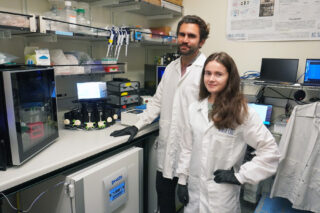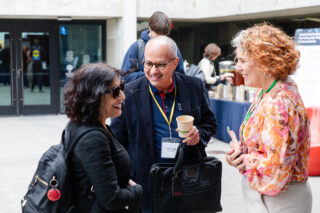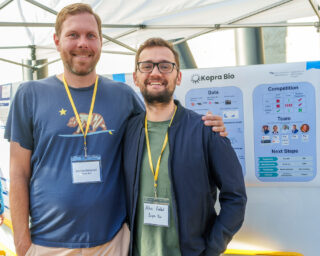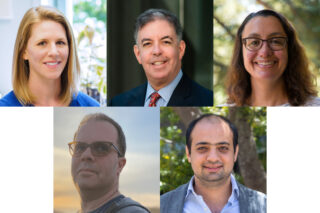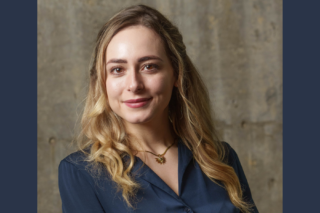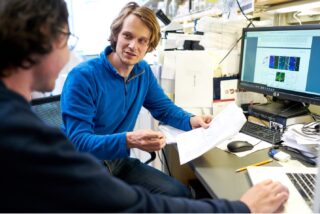UCSF Scientists Receive $26 Million in CIRM Grants To Advance Neuropsychiatric Disease Research Through the ReMIND Program
Read Courtney Strasenburgh’s original story on the Broad Stem Cell Center website.
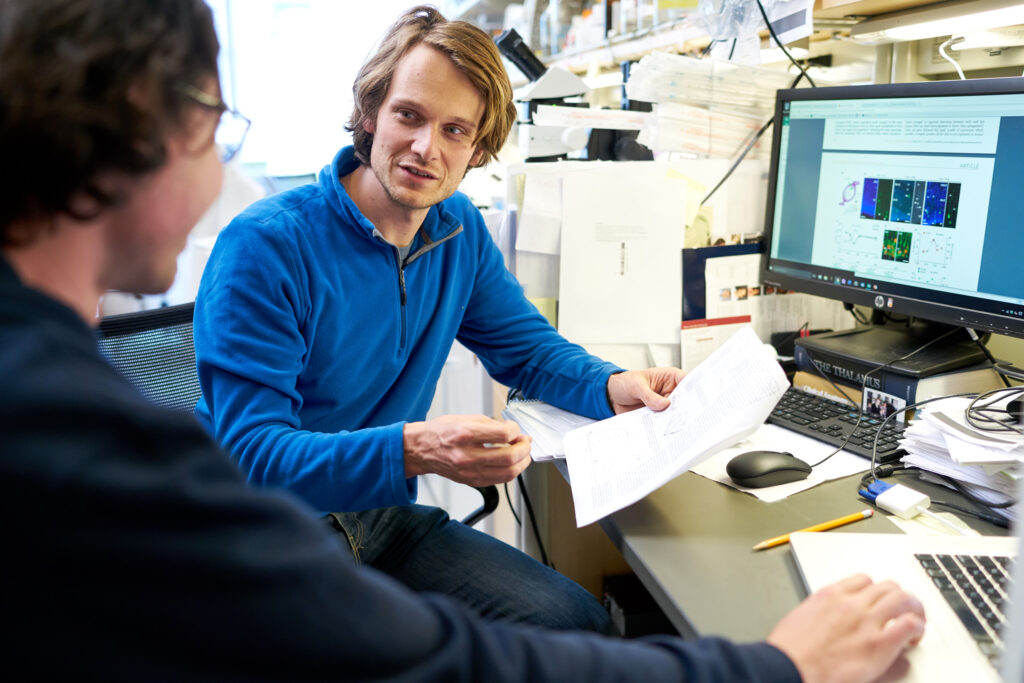
Two researchers at the Weill Institute for Neurosciences and the Eli and Edythe Broad Center of Regeneration Medicine and Stem Cell Research at UCSF (Broad Stem Cell Center) have been awarded over $26 million in funding from the California Institute for Regenerative Medicine (CIRM) to accelerate the discovery of mechanisms underlying psychiatric neurodevelopmental disorders. The funding aims to identify and validate novel mechanisms, therapeutic targets, as well as biomarkers and involves scientists, QBI investigators, and QB3 researchers across multiple UC campuses and investigators at several institutions including Stanford University. Two awards, part of CIRM’s pilot ReMIND (Research using Multidisciplinary, Innovative Approaches in Neuro Diseases) Program, were approved at CIRM’s August Independent Citizens’ Oversight Committee (ICOC) meeting for projects led by UC San Francisco scientists Alex Pollen, PhD, and Tomasz Nowakowski, PhD.
Deep phenotyping of human brain organoid models of autism spectrum disorder to unravel disease heterogeneity and develop biomarkers and treatments
Alex Pollen, PhD — Associate Professor, Neurology
Dr. Alex Pollen received a $12 million award to lead a multidisciplinary team of QB3 investigators from UCSF, UC Berkeley, and UC Santa Cruz, including Broad Stem Cell Center member David Schaffer, PhD, and Helen Bateup, PhD, from UC Berkeley; Martin Kampmann, PhD, Saul Kato, PhD, and Elliott Sherr, PhD, at UCSF; and Mo Mostajo-Radji, PhD, Sofie Salama, PhD, and Mircea Teodorescu, PhD, at UC Santa Cruz. QB3, led by Dr. David Schaffer, helped to form these teams with support from QB3 Grants Coordinator Lise Barbé, PhD. This collaborative project aims to uncover the pathways through which autism spectrum disorder (ASD) mutations cause disease by using 3D brain organoid models to understand the factors contributing to ASD and why certain populations are protected from developing the condition. Utilizing advanced Artificial Intelligence (AI) to analyze clinical data, the team seeks to identify novel genetic modifiers and biomarkers associated with ASD.
Lise Barbé, PhD, the QB3 grants coordinator who brought together the multidisciplinary team, notes that “Autism affects a huge swath of the population across all demographics and genetic background appears to modulate penetrance of the disease. Society needs new technologies to study the condition truthfully in the lab, build a decision tree with which the condition can be identified early, and treatments can be tuned based on genetic background.” Dr. Pollen adds “Our project will combine clinical data, 3D brain organoid models, analysis of genetic risk factors, genome engineering screens, and advanced AI tools to find common pathways, protective factors, and biomarkers for different forms of autism.”
CIRM Center for Neuropsychiatric Stem Cell Proteomics
Tomasz Nowakowski, PhD—Associate Professor, Departments of Neurological Surgery, Anatomy, Psychiatry and Behavioral Sciences
Dr. Tomasz Nowakowski has been awarded $13.7 million to advance research into the molecular and neurodevelopmental basis of schizophrenia using stem cells, building on prior work in Autism commenced by the QBI Psychiatric Cell Map Initiative (PCMI). The team includes investigators from UCSF, Stanford University, UCLA, and UCSD, including Nevan Krogan, PhD, Danielle Swaney, PhD, Matthew State, MD, PhD, Willow Coyote-Maestas, PhD, Belinda Wang, MD, PhD, and Saul Kato, PhD, at UCSF; Alice Ting, PhD, at Stanford University; Aparna Bhaduri, PhD, at UCLA; and Trey Ideker, PhD, at UCSD. QBI Director of Science, Portfolio and Strategy Kirsten Obernier, PhD, was pivotal in the grant and scientific team process. Recently, the team has released an initial atlas of protein interactions of high-confidence autism and neurodevelopmental disorders risk genes, and will now extend the work to stem cell derived models, and focus on schizophrenia risk variants. “We at QBI are excited to receive this significant grant from CIRM, enabling us to collaborate with an exceptional team of investigators. We look forward to applying state-of-the-art technologies to advance our understanding of schizophrenia and translating these insights into therapeutic strategies that can benefit a broad spectrum of patients,” added Obernier.
This collaboration will take advantage of emerging technologies for protein interaction mapping and mutagenesis screens to advance our understanding of how mutations in genes causally linked to schizophrenia diagnosis impact protein structure and function and brain development. The team will leverage stem cell technologies to study the impact of patient mutations on protein abundance, localization, and function in neurodevelopment, and harness AI to develop computational models that use a biologically informed approach for predicting the risk of severe neuropsychiatric phenotypes from genetic variants identified through genome and exome sequencing, establishing a public resource of variant to function relationships in schizophrenia.
“Our project will establish a ‘Rosetta Stone’ for prioritizing therapeutically relevant interventions developed based on highly penetrant rare risk variants to diverse sets of Schizophrenia patients who lack a genetic diagnosis,” explains Dr. Nowakowski.
To learn more about each of these awards, explore the following articles:
- “CIRM Awards $67.5 Million to Address Neuropsychiatric Diseases through its ReMIND Program” – Discover how this funding will support groundbreaking research aimed at developing new treatments for neuropsychiatric conditions.
- “Researchers to Investigate the Genetic Roots of Autism and Pursue New Treatments” – Read about the innovative approaches scientists are taking to better understand the genetic factors contributing to autism and identify potential new therapies.




